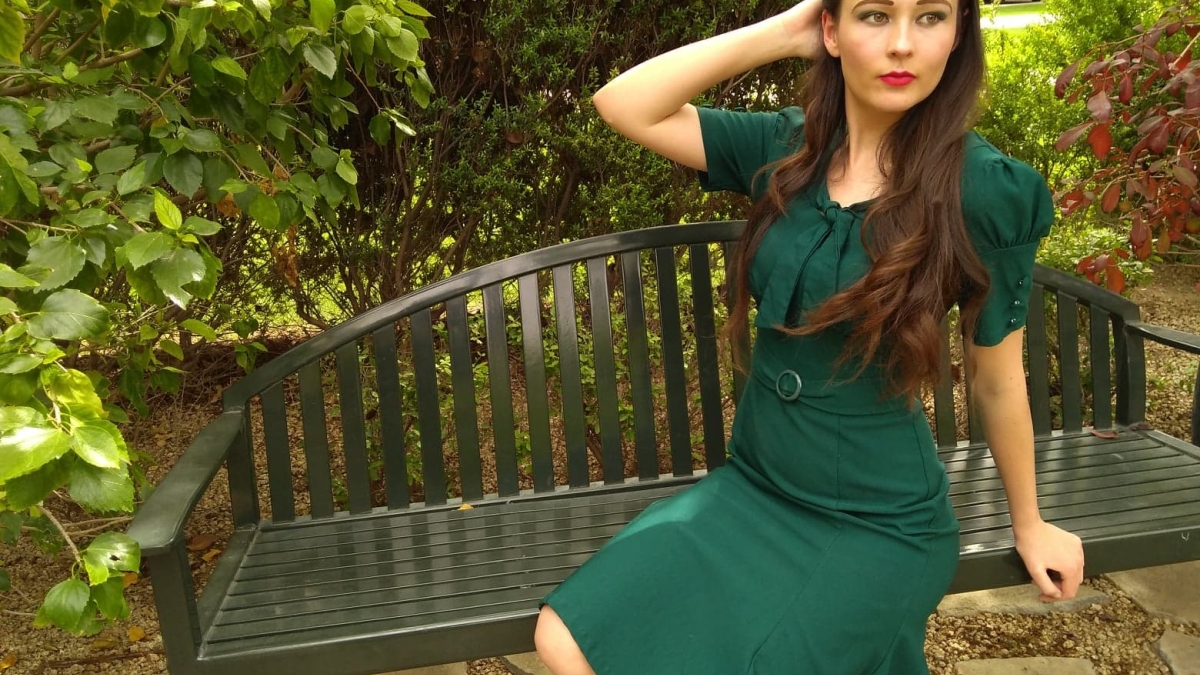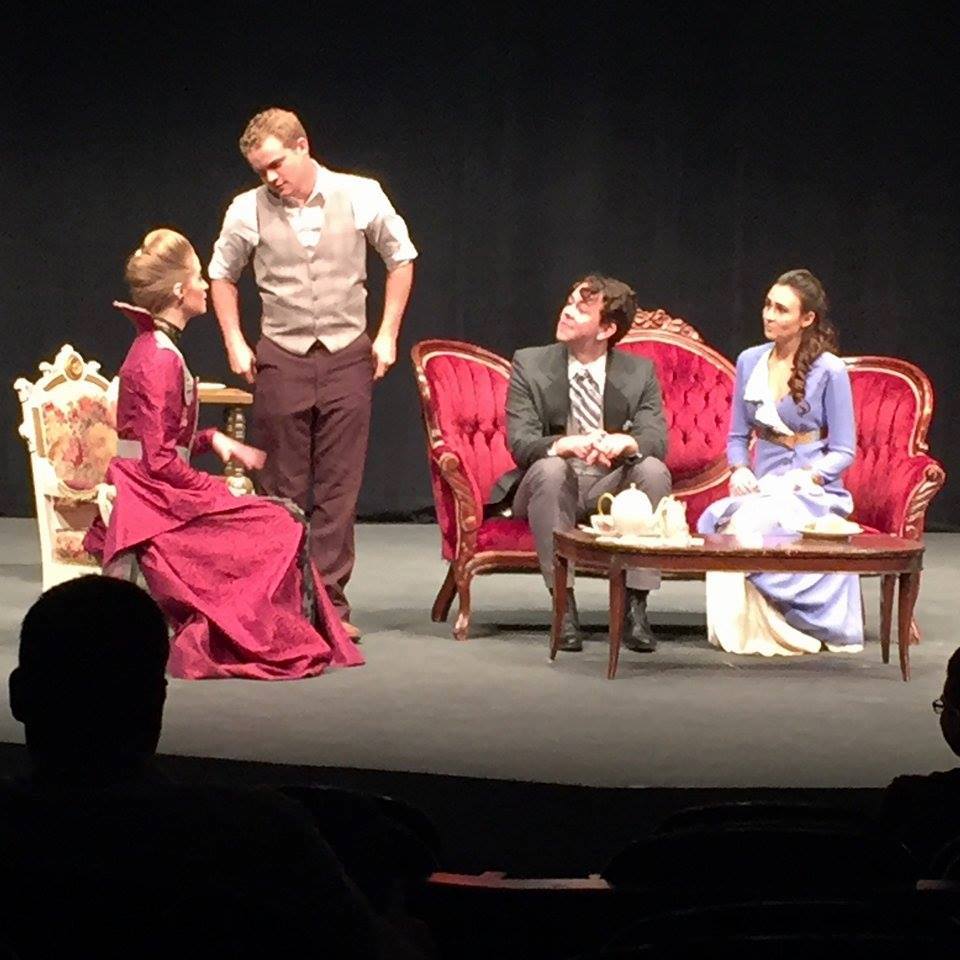Dual history and biology undergrad puts her thesis under lights

Chiara Hommel is a history major with a concurrent degree in biological sciences.
Editor’s note: This is part of a series of profiles for spring 2019 commencement.
Graduating senior Chiara Hommel has interests stretching many different fields. She wanted to work with animals and began her career at Arizona State University as a biology major, but after taking a history class her sophomore year, she decided to add on another degree.
“I had the opportunity to take, ‘The Vietnam War’ and ‘The Soviet Experiment,’” Hommel said. “Both classes sparked my interest in history and influenced me to add my second major in history.”
While pursuing her concurrent degrees from the School of Historical, Philosophical and Religious Studies and the School of Life Sciences, Hommel became vice president of the ASU Theatre and Shakespeare club. The club helped to spark the idea for her Barrett honors thesis.
She combined her love of history and theater to write and direct a play about nurses during the Vietnam War titled, “A Morning in Vietnam.” The play was performed in February of this year and proved to be a unique and creative thesis project.
Hommel will be graduating this May. We asked her a few questions about her time at ASU.
Question: What’s something you learned while at ASU — in the classroom or otherwise — that surprised you, that changed your perspective?
Answer: Something I learned at ASU is that it is OK to ask for help. Often times if you don’t speak up or ask questions, the opportunities you are looking for will never make themselves known.
Q: Why did you choose ASU?
A: I chose ASU for the opportunities and resources it had to offer. I wouldn’t have been able to go to college if it wasn’t for the financial aid ASU had given me. Furthermore, Barrett offered academic challenges for me and through my experience during the honors thesis, I was able to grow as a historian and student.
Q: Which professor taught you the most important lesson while at ASU?
A: The professor that taught me the most important lesson at ASU was Dr. Kyle Longley. Without him accepting my honors thesis, despite the two-year commitment and size of the project, I would not be graduating with honors. It was during the two years working on my thesis that he pushed me to my limits and proved to me that if I really put my mind to it, I can do anything. His support is still greatly appreciated.
Q: What’s the best piece of advice you’d give to those still in school?

Chiara Hommel in a performance of "The Importance of Being Earnest."
A: The best advice I can offer is to not procrastinate and don’t let the curriculum intimidate you. It really is easier than they make it seem.
Q: What was your favorite spot on campus, whether for studying, meeting friends or just thinking about life? If you’re not on campus, where is your favorite place to study?
A: My favorite spot on campus is the secret garden. It is perfect for studying or even getting together with friends.
Q: What are your plans after graduation?
A: After graduation, I will be interning at Wildlife World Zoo and will hopefully be fortunate enough to get a job there. After working and saving up, I hope to pursue a PhD in history so I can teach at the university level.
Q: If someone gave you $40 million to solve one problem on our planet, what would you tackle?
A: If someone gave me $40 million to solve one problem on our planet, I would tackle habitat loss and rehabilitation of endangered species.
More Science and technology

4 ASU researchers named senior members of the National Academy of Inventors
The National Academy of Inventors recently named four Arizona State University researchers as senior members to the prestigious…

Transforming Arizona’s highways for a smoother drive
Imagine you’re driving down a smooth stretch of road. Your tires have firm traction. There are no potholes you need to swerve to…

The Sun Devil who revolutionized kitty litter
If you have a cat, there’s a good chance you’re benefiting from the work of an Arizona State University alumna. In honor of…

